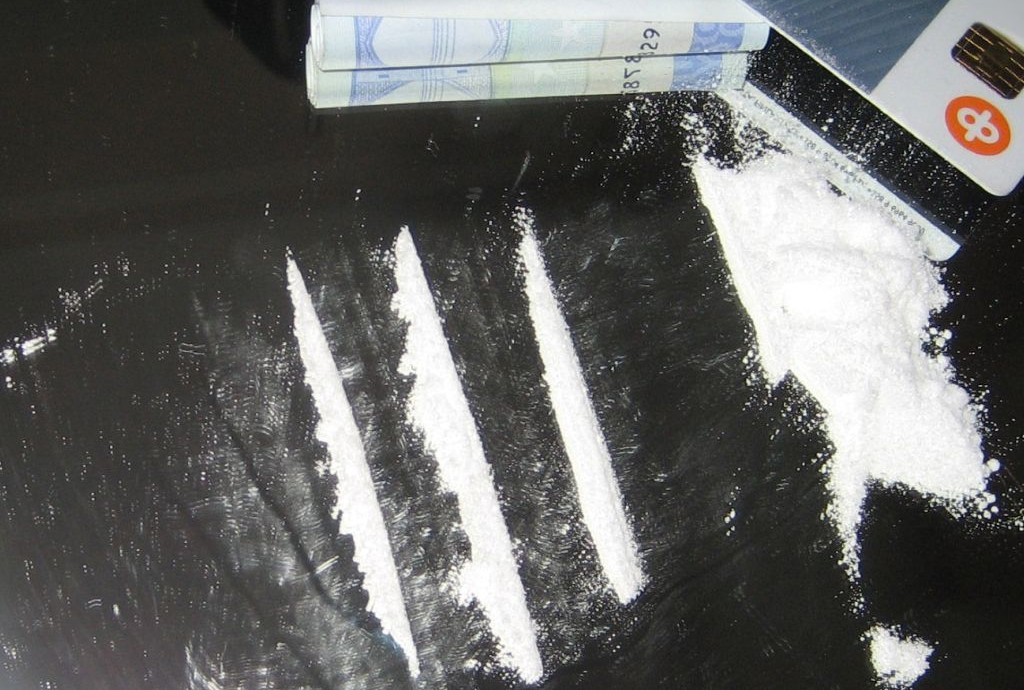In brief
- Activists want to legalise all psychoactive drugs for personal use.
- They want the current Misuse of Drugs Act and Psychoactive Substance Act rescinded.
- They argue that decriminalisation isn’t enough and any drug prohibition allows gangs to profit.
- Activists want drug issues treated medically, not criminally.
- It’s interesting to note how prohibitionists reject the same “criminals will profit” argument, when applied to tobacco and cigarettes.
What are anti-prohibition activists proposing?
The drug policy debate is set to intensify. Activists are pushing the Luxon government for major reforms.
Recently, more than 150 professors, academics, researchers, clinicians, and health professionals, have signed an open letter urging the coalition government to legalise, for adults, possession, cultivation, and production of all psychoactive drugs for personal use.
Headed by Dr Julian Buchanan, a retired professor and UN Office of Drugs and Crime advisor, the Harm Reduction Coalition Aotearoa (HRCA) presented the letter. It calls for an end to drug prohibition and the implementation of a new, “fit-for-purpose” drug law.
HRCA argues that the current Misuse of Drugs Act 1975 has failed to reduce drug use or harm and that a new approach is needed.
They may be correct about the failure to reduce use or harm. Data suggests that, while the pandemic lockdown may have upended some illegal drug markets, others, like methamphetamine, are flourishing. Reports also suggest cannabis and cocaine use in New Zealand is growing at a clip.
So as a result of facts like these, HRCA are calling for the Act to be rescinded, along with the Psychoactive Substance Act 2013 and the dismantling of all policies that reinforce drug prohibition.
Buchanan argues that decriminalisation alone isn’t enough. It leaves the production and distribution of psychoactive drugs to the black market, which is ultimately controlled by gangs.
They also argue that the current prohibition of drugs disproportionately harms certain groups, such as Māori, young people, and those with chronic unmet health needs, leading to disproportionate arrests, imprisonment, and social exclusion.
They say drug use and addiction is a medical, rather than a criminal issue and want policies governed through the Ministry of Health. HRCA believes that this new approach will prioritise the health and well-being of people who use drugs and lead to a more just and humane drug policy in New Zealand.

Do the experts know best?
While we do not take a position on this issue, for us, it raises questions about the balance between expert opinions and public sentiment. This is always the case where informed opinions do not necessarily require specialised expertise.
It’s worth noting here that public opinion did not support the legalisation of cannabis even in 2020 under the previous Labour government.
Also, there are a number of places in the world that have already experimented with the approach being promoted by the activists. There are mixed results with some jurisdictions reversing their permissive experiment. We will delve into that in a subsequent article.
One “expert” opinion here is that legalising all drugs will thwart crime, but many other experts rejected this argument when applied to smoking.
Also, we wonder about their mentioning that a higher percentage of Maori are drug abusers and so the proposed changes will disproportionately affect Māori. What is that to mean?
Yes, if the currently illegal behaviour is no longer illegal there will then be less Maori offenders. But that doesn’t mean they no longer have a drug abuse problem. The argument for change is framed as a racial issue, when it is about offending, not their race.
What are psychoactive drugs?
Psychoactive drugs are substances that alter brain function and result in temporary changes in perception, mood, consciousness, or behaviour.
Currently illegal psychoactive drugs include stimulants like cocaine, methamphetamine, alcohol, heroin, cannabis, LSD.



















